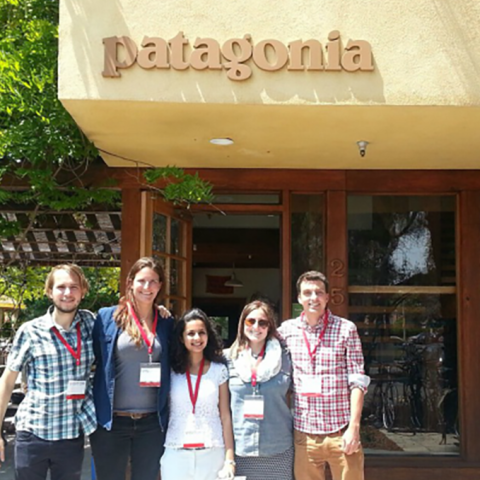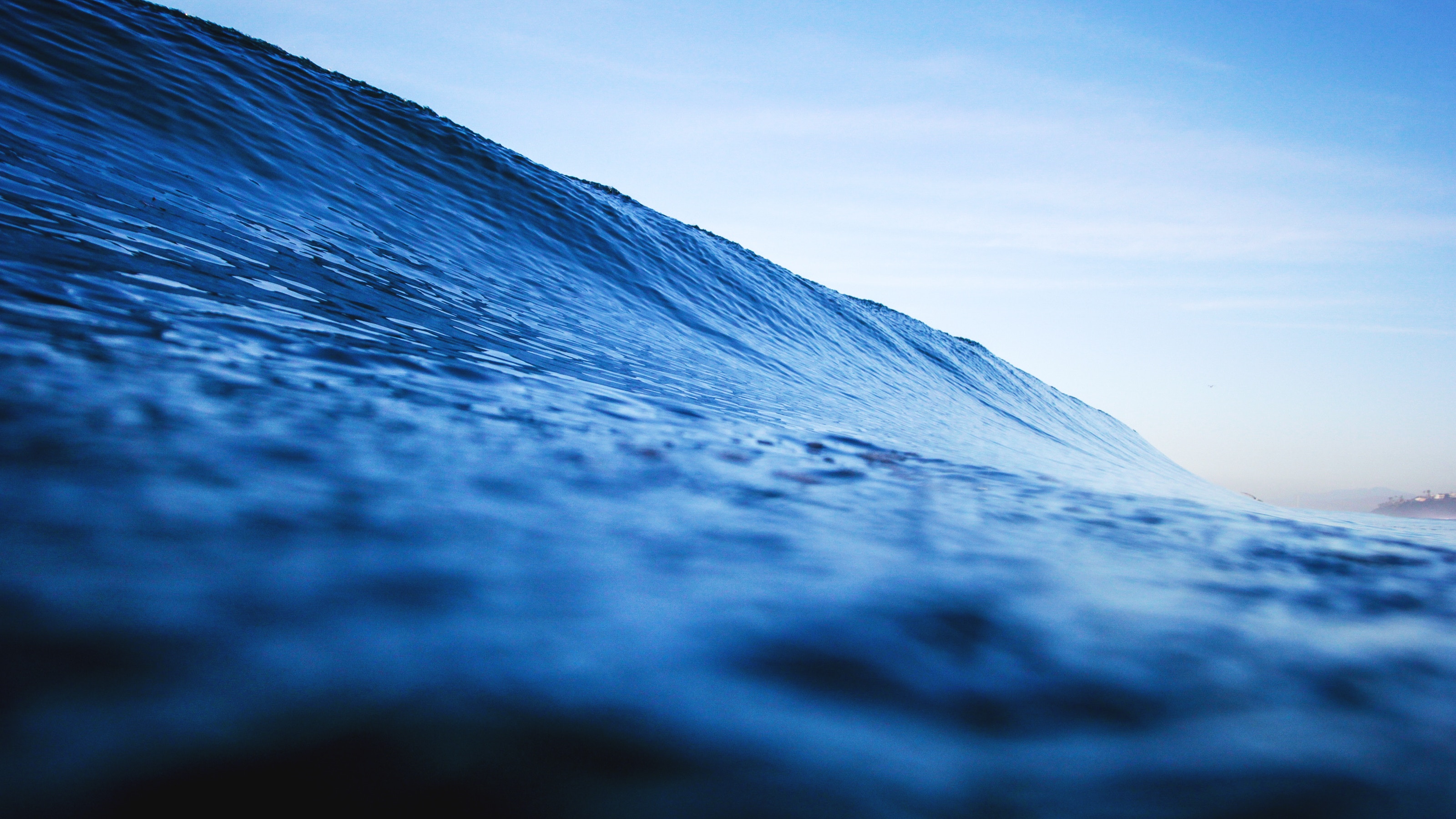Today, plastics, including microplastics (particles <5mm in diameter), are found throughout the world: from remote Arctic snowfall to our own drinking water. Such widespread pollution has raised significant public concern around the ubiquity of plastic in our environment and its potential effects on wildlife and human health.
Microfibers, tiny plastic strands shed by both synthetic and natural textile fibers, are a pervasive contributor of microplastic emissions. When we do laundry, our clothing sheds these tiny fibers that are small enough to pass from the washing machine, through wastewater treatment plant filters, and ultimately into our waterways. Bren alumni working in the apparel industry brought this emerging issue to the school’s attention, confident that Bren was well equipped to lead the charge on this environmental challenge.

In 2016, a Bren Master’s Group Project studied microfiber pollution and the conditions that affect garment shedding (e.g. older clothing, type of washing machine) for their outdoor apparel client, Patagonia. They published their findings in Environmental Science & Technology.
In Fall 2017, the non-profit Ocean Conservancy and the Bren School partnered to convene a multi-stakeholder Microfiber Leadership Summit with the goal of guiding future pollution mitigation. Joined by 50+ representatives from leading companies, universities, NGOs, and government agencies - among them proud Bren alumni - the Summit led to an action road map with a shared vision to better understand and tackle this problem through cross-sector collaboration and support.
To date, Ocean Conservancy, the Outdoor Industry Association Microfiber Research Cohort and Purnell (a local clothing company co-founded by Dean’s Councilmember Brent Dehlsen) have generously contributed to groundbreaking microfiber research initiatives. At Bren, this work is being led by faculty researchers, Roland Geyer, Trish Holden, and Sangwon Suh. The Bren School is a community where students, alumni, and faculty collaborate with multiple sectors to overcome barriers and accelerate solutions to real-world environmental problems.
Further reading
Below the Surface: Bren School student researchers collaborate with Patagonia to address emerging issue of microfiber pollution (The UCSB Current)
